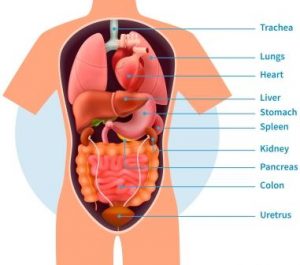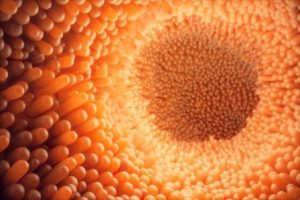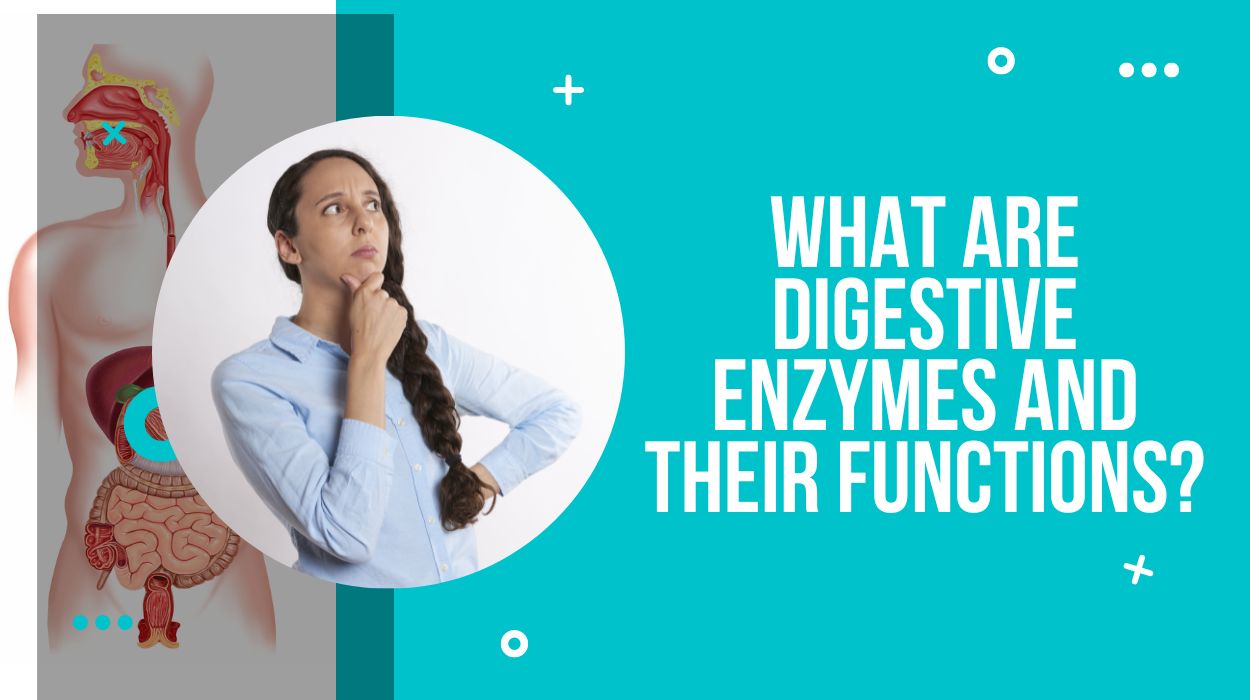I am sure most of you are familiar with the phrase—You are what you eat! Well, it is partially true as the truth is you are what you digest!
Until recently, many people were aware little of how the digestive system works. But sudden growth of illness and gastrointestinal (GI) disease have introduced many of us to Digestive Enzymes.
Naturally occurring Digestive Enzymes play a crucial role in the health of our digestive system. Without digestive enzymes, your body is not capable of breaking food to absorb all the nutrients.
Go on and read the full article to get need-to-know info on Digestive Enzymes. So, let’s get started.
About Digestive Enzymes

As the name suggests, Digestive Enzymes are the enzymes that help digestion. All the enzymes play the role of catalysts in transforming molecules from one form to another.
In the same way, Digestive Enzymes help break down the large and complex molecules (of carbohydrates, protein, and fats) into smaller molecules. This process helps absorb nutrients and maintain health; otherwise, all the nutrients will go wasted.
As already told, they are natural-occurring, i.e., they are produced in our body by mouth, stomach, and small intestine. Therefore, it gets released when we smell or eat food and then throughout the digestive process.
Lack of Digestive Enzymes can lead to diarrhea, bloating, constipation, obesity, fatigue, premenstrual syndrome, abdominal pain, and many more. In the deficiency of digestive enzymes, a doctor or gastroenterologist prescribes you take enzymes supplements.
Who Need Digestive Enzymes?

When lack of digestive enzymes causes poor digestion and malnutrition, it is known as Exocrine Pancreatic Insufficiency (EPI). It is the situation when someone needs digestive enzymes supplements.
EPI can occur due to the following conditions:
- Diabetes
- Chronic Pancreatitis
- Pancreatic Cancer
- Pancreatic Surgery
- Blockage of Pancreatic Duct
- Lactose Intolerance
But how would you know you have EPI. Symptoms of insufficient digestive enzymes or EPI are:
- Bloating
- Excessive gas
- Abdominal Pain
- Diarrhea
- Bad-smelling Stools
- Sudden Weight Loss
Lactose Intolerance does not trigger the EPI, but it is an excellent example of requiring digestive enzymes even if you don’t have EPI.
Lactose Intolerant people lack a digestive enzyme—Lactase. Other than Lactase, there are many different types of digestive enzymes; let’s have a look.
Types of Digestive Enzymes
Each Digestive Enzymes breaks down a specific nutrient that can easily get absorbed. The most significant digestive enzymes are Amylase, Maltase, Lactase, Lipase, and Proteases.
Let’s discuss them in brief.
Amylase

Amylase gets produced by both salivary glands and the pancreas. It helps the digestion of carbohydrates by breaking starch into sugar.
A high level of amylase can lead to pancreatic cancer or a sudden inflammation of increase. On the other hand, low levels of amylase indicate liver disease or ongoing inflammation of the pancreas.
Maltese
During digestion, amylase partially breakdown starch into maltose (malt sugar). So, Maltese helps break down malt sugar into simple sugar to get used as energy fuel.
And small intestine is responsible for producing Maltese.
Lipase
Our mouth and stomach produce lipase in a smaller amount, but the pancreas produces it in a larger amount. The duty of lipase is to break down fats into fatty acids and glycerol.
Lack of Lipase digestive enzymes leads to a lack of fat-soluble vitamins like Vitamin A, D, E, and K.
Lactase
Enterocytes—cells that line the intestinal tract—produce Lactase to break down lactose into simple sugar and galactose.
Lactose is the protein found in dairy products. If not absorbed properly, it can cause gas and intestinal problems.
Proteases
Proteases are an essential digestive enzyme that helps break down proteins into amino acids. It gets produced by the stomach and pancreas. They also play a crucial role in cell division, blood clotting, and many other body processes.
Apart from all the above given digestive enzymes, there are many more that you can get from both natural sources and supplements of Digestive Enzymes. Let’s have a look.
Natural Sources of Digestive Enzymes
Although our body produces digestive enzymes, we need them through diet and supplements. Naturally, they are present in fruits and fermented vegetables that have grown in nutrient-rich soils. Let’s have a look.
| Natural Sources | Digestive Enzyme |
| Pineapple | Proteases |
| Papaya | Proteases |
| Kiwi | Proteases |
| Mango | Amylases |
| Banana | Amylases, Glucosidases |
| Avocado | Lipases |
| Raw Honey | Amylases, Diastases, invertases, proteases |
| Kefir | Lipases, Lactase, Proteases |
| Ginger | Protease |
Digestive Enzyme Supplements

Digestive Enzyme Supplements are available in pills, capsules, and powdered form sourced from plants and animals.
Usually, there are two types of nutritional supplements: those which get regulated by the FDA (Food and Drug Administration) and OTC supplements.
FDA does not have regulation over OTC (Over-the-Top Counter) supplements. Also, there is a lack of research on such Digestive Enzyme supplements.
Although prescription is necessary to get nutritional supplements, some do not need prescriptions:
- Lactase Supplements for lactose-intolerant people are available in tablets and drops.
- Bromelain is available in capsules, tablets, and powder form is made up of proteases from pineapples.
- Papain is made from Papaya that is available in powdered form.
We suggest you should consult a doctor before taking any OTC digestive enzymes supplements.
Side Effects of Digestive Enzymes
Unless you are taking supplements in high quantity, there are minimal side effects of digestive enzymes. Side Effects of Digestive Enzymes include:
- Constipation
- Bloating
- Nausea
- Headache
- Changes in Blood Sugar Level
- Dizziness
- Swelling
- Allergic Reactions and so on.
So, the side effects are not severe; however, it’s better to take them in the dosage recommended by doctors.
Conclusion
Digestive Enzymes are crucial for better digestion and good health. They help our body in absorbing all the essential nutrients from the food we eat. You can get them by consuming food that contains digestive enzymes.
Other than natural sources, you can go for supplements; however, we suggest you consult your doctor.
Now it’s time to end our article! We hope that the article was helpful to you. Also, don’t forget to comment below your suggestions.


